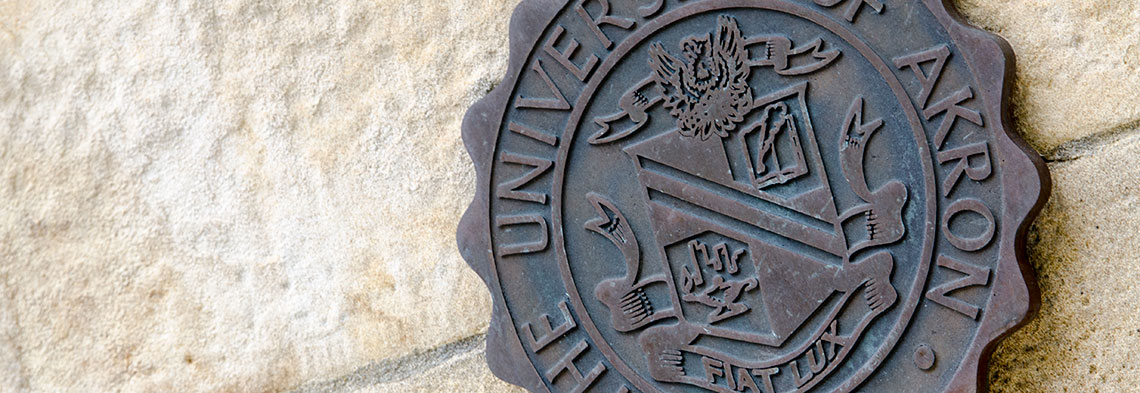Document Type
Article
Publication Date
January 2002
Abstract
The Tecumseh School District had a policy that all students who wished to participate in extracurricular activities that involved some sort of competition had to agree to drug testing before the competition and then randomly thereafter. ... Those selected for accusatory drug testing might be perceived to be wearing a "badge of shame" and be subject to the arbitrary whim of an administrator. ... Vernonia involved a rule requiring drug testing as a condition for participation in extracurricular competitive sports. ... In Earls, the Tecumseh School District adopted a "Student Activities Drug Testing Policy" that required all students who wished to participate in any competitive extracurricular activity to sign a written consent "agreeing to submit to drug testing prior to participating in the activity, randomly during the year while participating, and at any time while participating upon reasonable suspicion. ... Relying on Vernonia, the majority, it would appear reluctantly, felt that it had to assume a special need here as this involved testing in a public school context. The issue then is the balancing of the "government's (in this case, the school's) interest in conducting the particular search in question against the privacy interests of those subject to the search.
Publication Title
Oklahoma City University Law Review
First Page
1
Recommended Citation
Martin H. Belsky, Random vs. Suspicion-Based Drug Testing in the Public Schools -- A Surprising Civil Liberties Dilemma, 27 Oklahoma City University Law Review 1 (2002).


